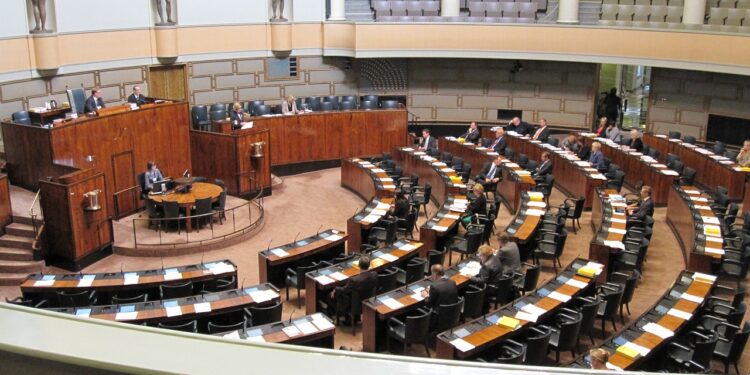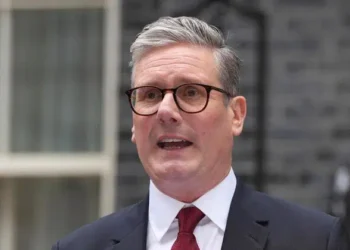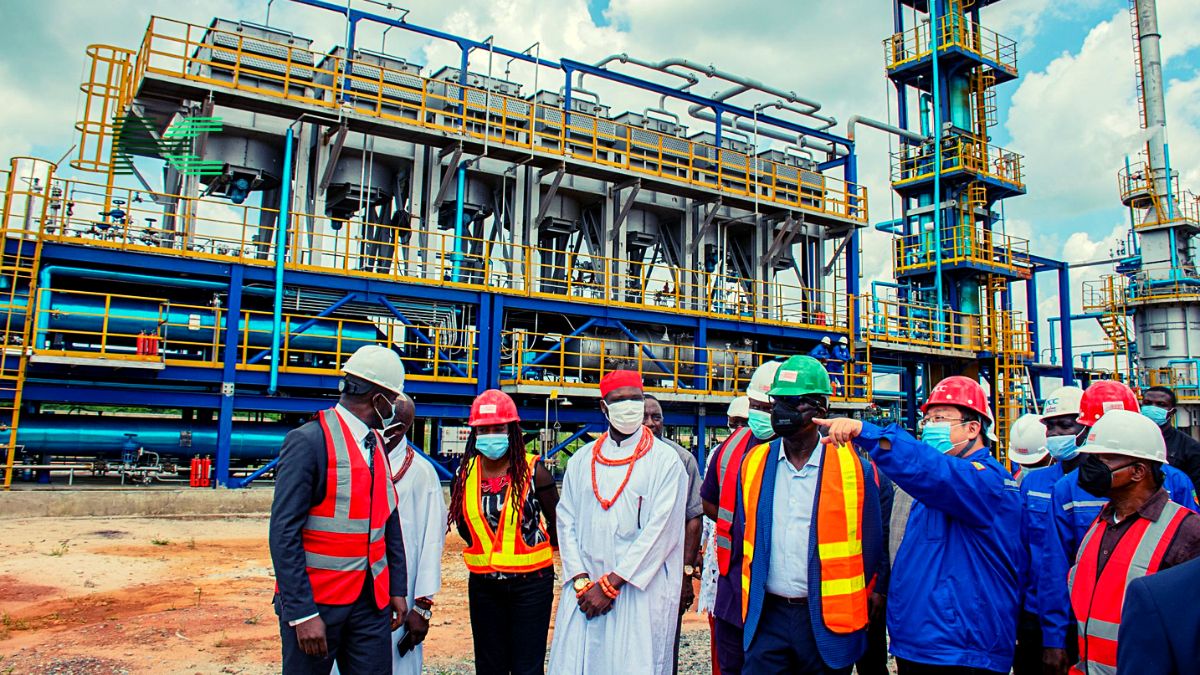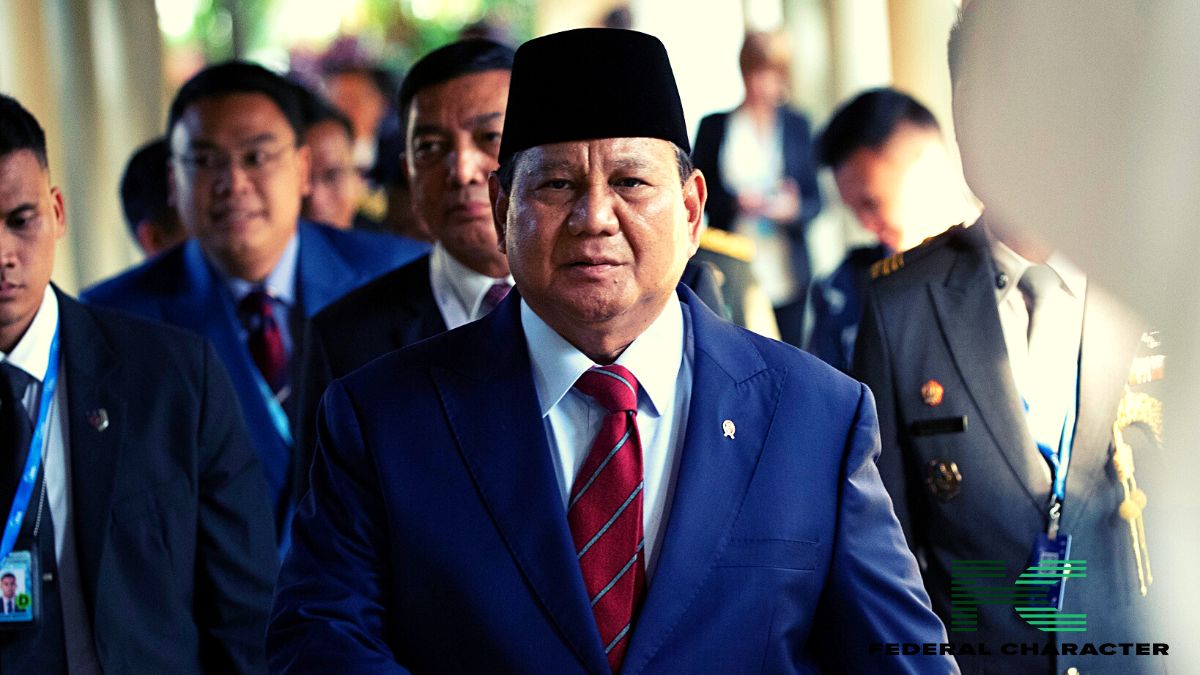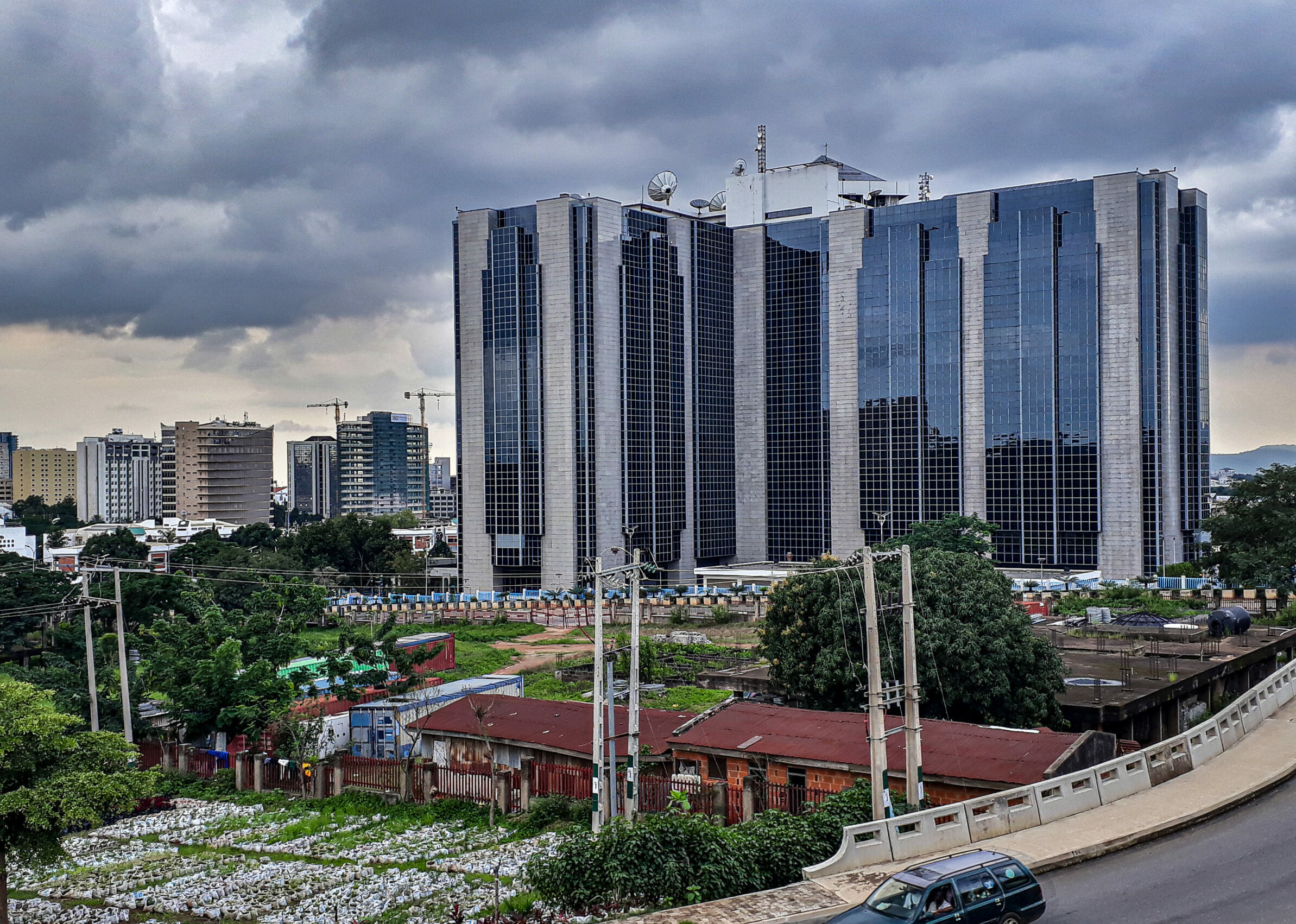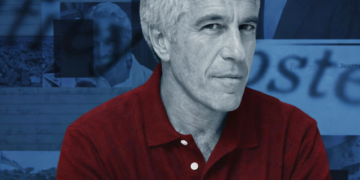Politicians in the Republic of Ireland are meeting for the last time before the three-week general election campaign kickstarts.
On Wednesday, the taoiseach (Irish prime minister) declared that he would look for ways to disband the 33rd Dáil (lower house of Irish parliament) on Friday, November 8, ahead of calling the snap poll.
But the leader of Fine Gael, Simon Harris said that the election date would most probably fall on Friday, 29 November.
Note that a general election must be announced in the Republic of Ireland before the term ends on March 2025.
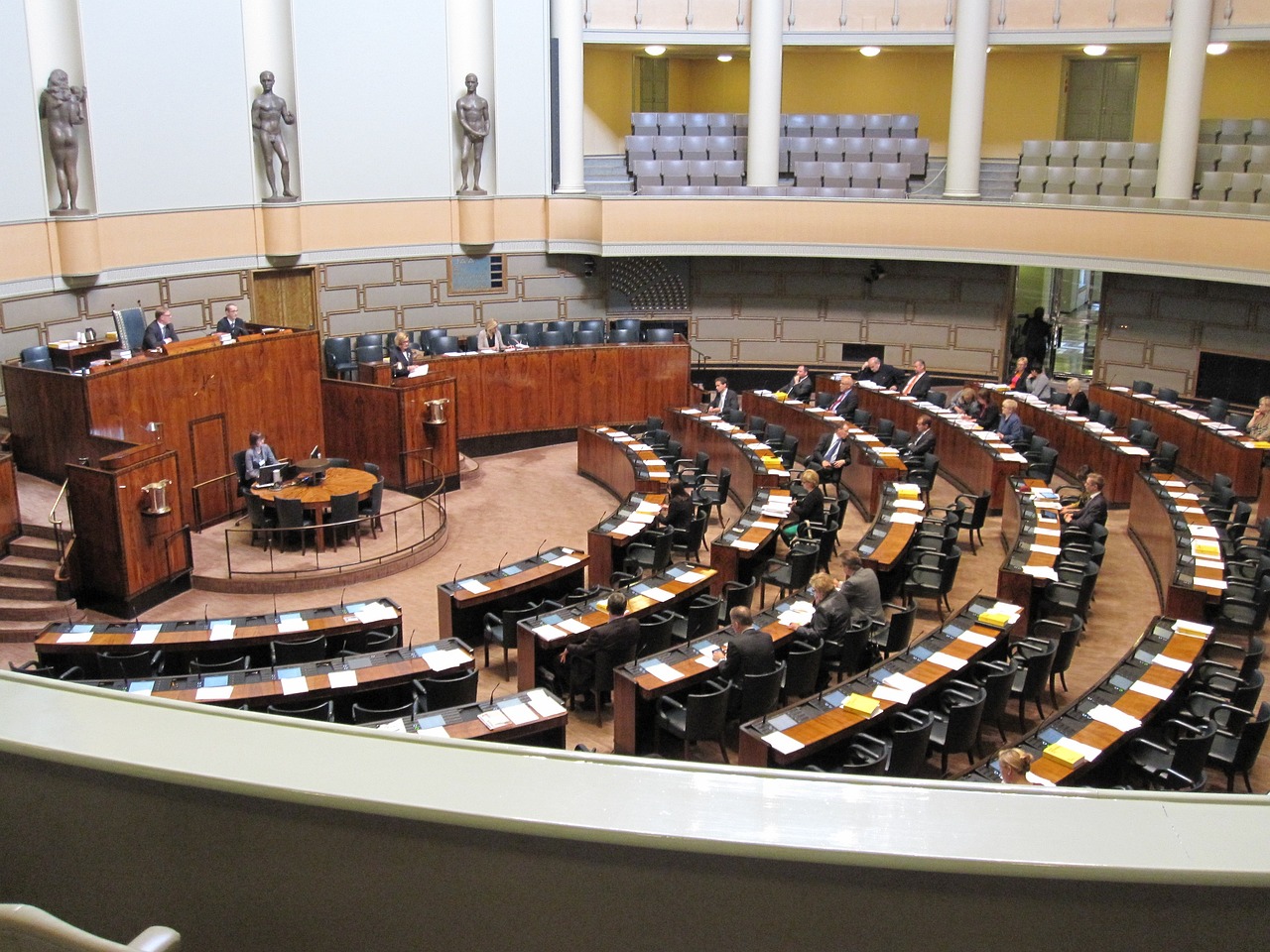
Harris further said he wanted to wait until the Finance Bill, (which sanctions the Budget changes and contains new tax provisions) was passed before calling the election.
In his words:
“It was important to do this in a way that was respectful, respectful to the budgetary process, respectful to getting the legislation passed and also making sure this coalition government, which has worked well, could come to an amicable end and I think we are now ready to put our case to the people in the weeks ahead. I look forward to the weeks ahead and asking the people of Ireland for a mandate.”
In the Republic of Ireland, three parties: Fine Gael, Fianna Fáil and The Green Party make up the coalition government.
Voters last went to the polls in February 2020 where Fianna Fáil, led by Micheál Martin, won most of the seats (38).
However, the party had fallen short of a majority and entered into negotiations with Fine Gael, who led the then-outgoing government, and the Green Party.
An agreement on a coalition feal was eventually brokered four months later after it was delayed due to the coronavirus pandemic, in June 2020.
Part of the agreement reads that the role of taoiseach was to be swapped between Fianna Fáil and Fine Gael mid-way through the five-year term.
Martin had held the top role until December 2022.
The other parties making up the opposition include: Labour, Social Democrats, People Before Profit, Aontú and independents.

